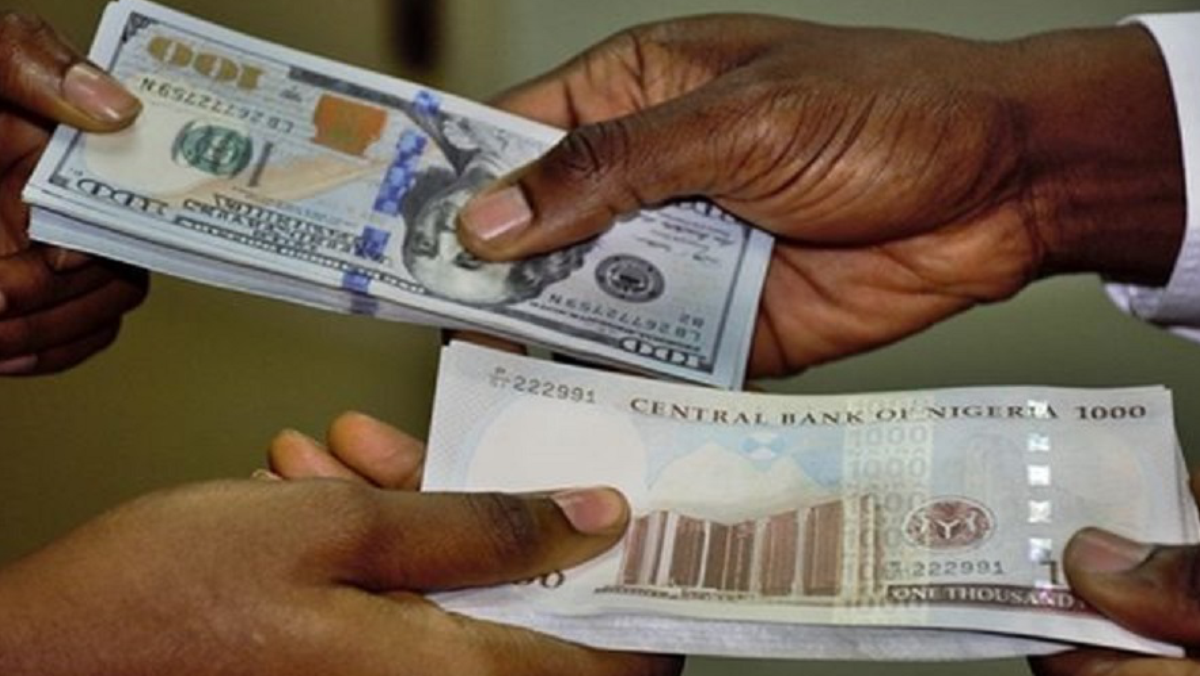The past week has been a rollercoaster for Nigeria’s crypto industry, with an imminent ban on p2p trading threatening to undo progress towards positive regulations. A publicised meeting of crypto industry players and the Security and Exchange Commission (SEC) on Monday afternoon was expected to ease uncertainty.
Instead, it showed that the SEC, widely considered one of the country’s more progressive regulators, also believes that a handful of retail crypto traders are to blame for the volatility in the FX market.
“What is very critical and which has brought about this meeting is the concerns regarding crypto P2P traders and their effect on the exchange rate,” said Emomotimi Agama, the recently appointed Director General of the SEC.
He reiterated the need for crypto exchanges to delist naira from p2p trading pairs, a decision many had implemented in March 2024 after scrutiny of Binance began.
‘We ask that those involved in sharp practices that undermine national interest should cease and desist.”
The DG spent the first thirty minutes pleading with crypto traders using the P2P method to stop, citing the same national security concerns that have formed the core of the argument for a ban.
“One of the things that needs to happen to save this space is the delisting of the naira on peer-to-peer platforms.”
He encouraged the industry to root out “bad actors” giving the industry a bad reputation by naming and shaming them.
And if an appeal to patriotism was insufficient, the SEC threw the industry a bone by promising it would not draft any regulation without its contribution. Some 300 guests were asked to share ideas and concerns that could help the regulator decide how to regulate Nigeria’s crypto market.
“We have an open door policy towards all that mean well for this country, especially in the fintech community.”
Ultimately, the crypto traders asked that the SEC set up a working committee and give them a month to prepare proposals.
While it’s clear some type of regulation is coming, this meeting served only one purpose: to give the semblance of a regulator working with the industry to find a way forward. The fears over a p2p ban are very much alive.




















